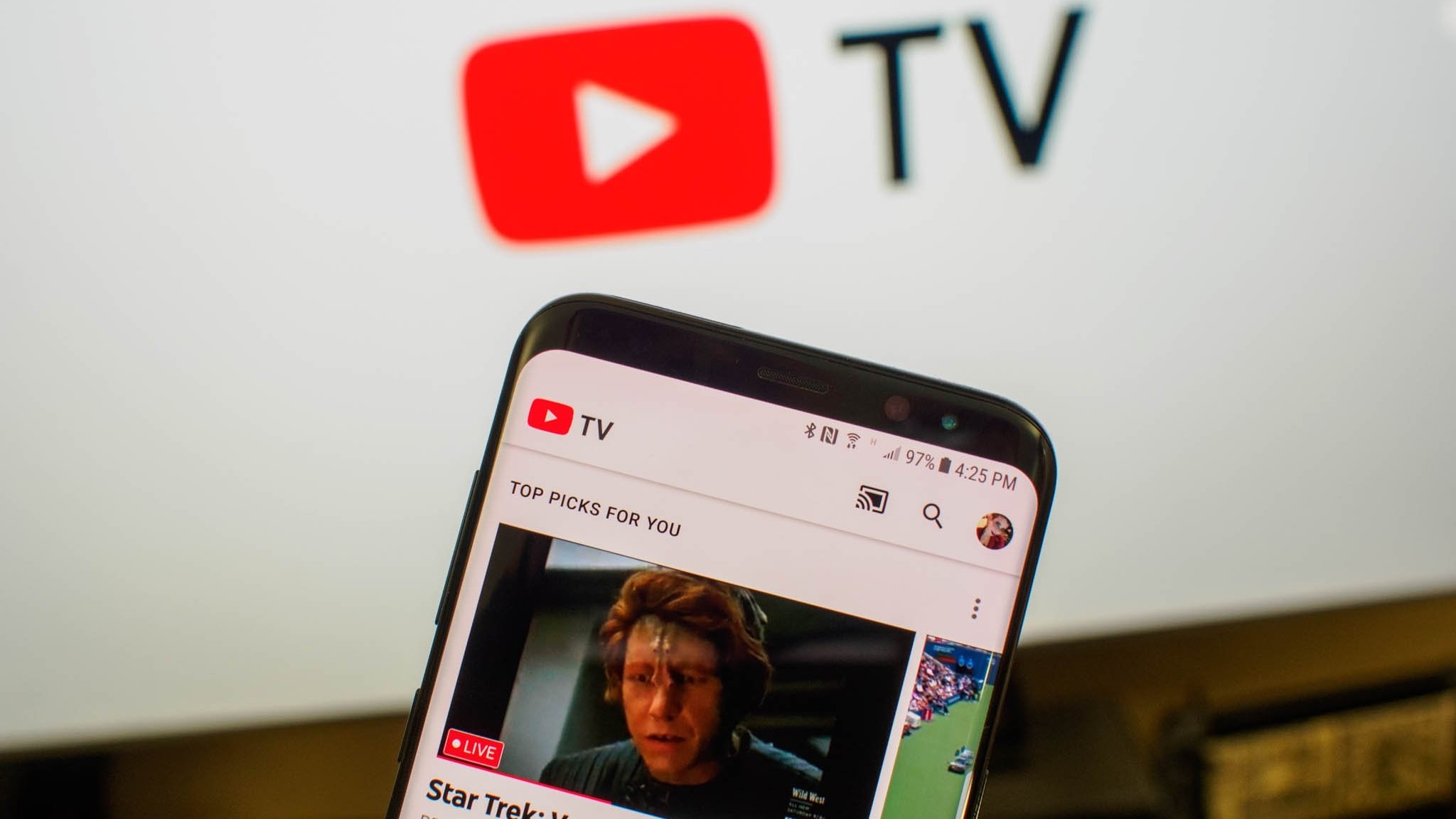Making the case for a Microsoft Surface Phone that runs Android
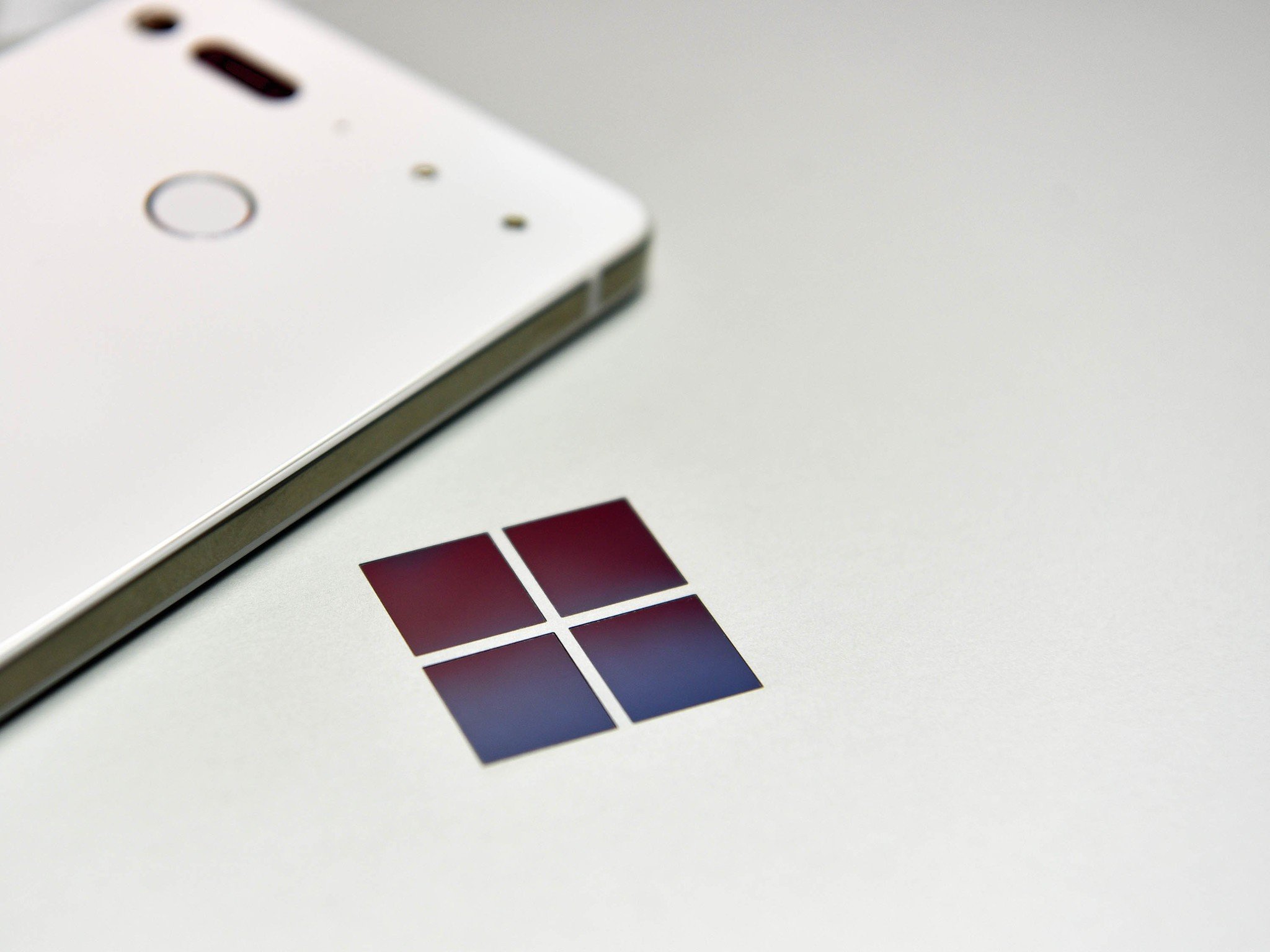
The idea of a true Android smartphone by Microsoft has always piqued my interest, these days more than ever now that Windows Phone is a thing of the past. It's fair to say that in 2019, Microsoft is "all-in" on the Android platform thanks to its efforts like the Microsoft Launcher, Edge, and Office, all first-class experiences on Android smartphones around the world. While Microsoft is all over Android on the software side, one area where it hasn't grasped the platform is in the form of hardware.
Android software and apps on Microsoft hardware
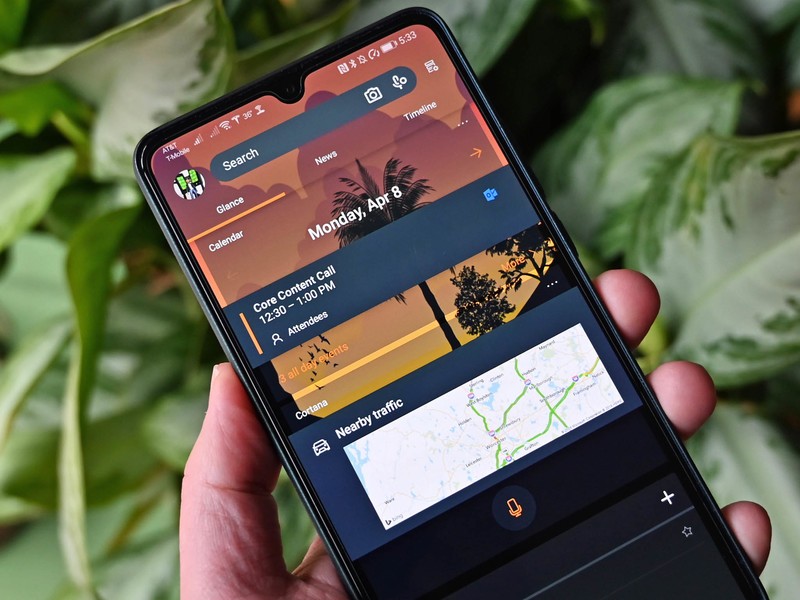
To experience Microsoft software and services on Android, you must use non-Microsoft hardware. Samsung, Huawei, Xiaomi, OnePlus, Google, Nokia, and plenty of other smartphone makers all offer Android hardware that can run Microsoft software when on the go. This isn't a bad thing, but an Android smartphone wouldn't be the worst idea Microsoft has ever had, especially if it keeps expectations low and doesn't make any huge bets on it.
While a Surface Phone running Android would never sell to the quantity that Samsung smartphones do (or at least not a first- or second-generation phone), Microsoft could utilize the Surface brand to showcase the best of Microsoft's Android efforts all in one place, just like it has done for Windows PCs. I'm picturing a Surface-branded, Microsoft-built smartphone that comes with Microsoft Launcher, Edge, Office, Your Phone phone-mirroring integration, and more, out of the box. In fact, that's one of four unique selling points that a Surface Phone running Android could have:
- Showcase the best of Microsoft's efforts on Android.
- Seamless integration with Windows PCs using Your Phone.
- Provide the best security and update support on Android.
- Brand recognition that can rival Apple and Samsung.
That last point is more for Microsoft fans, but the first three are important. A Surface Phone running Android would be the only smartphone out there that's always guaranteed to work with all of Your Phone's features. I have a wide array of Android smartphones, yet 90 percent of them don't support all of Your Phone's features on Windows 10. Screen mirroring is only available on select devices, and while that may improve, there's no guarantee your smartphone will ever get it, or if it'll work well.
Microsoft could provide a better experience if it had more control over the hardware and OS.
Microsoft could also provide enhanced features, such as the ability to take cellular phone calls on your PC directly from your Surface Phone. It could also build out dedicated Phone and SMS apps that sync up with the Messages app on your PC, instead of having to relay it through the Your Phone app. There's so much more potential when you build your own Android phone.
It would be much easier for Microsoft to provide better experiences that sync across PC and Android if it controlled the hardware and OS experiences at both ends. I'm not saying Microsoft should cut out third-party devices, but it wouldn't hurt to provide its own offerings in addition to supporting Samsung, OnePlus, and everybody else. It could also be the go-to device for Project xCloud, its upcoming game-streaming service.
A more controlled Microsoft experience
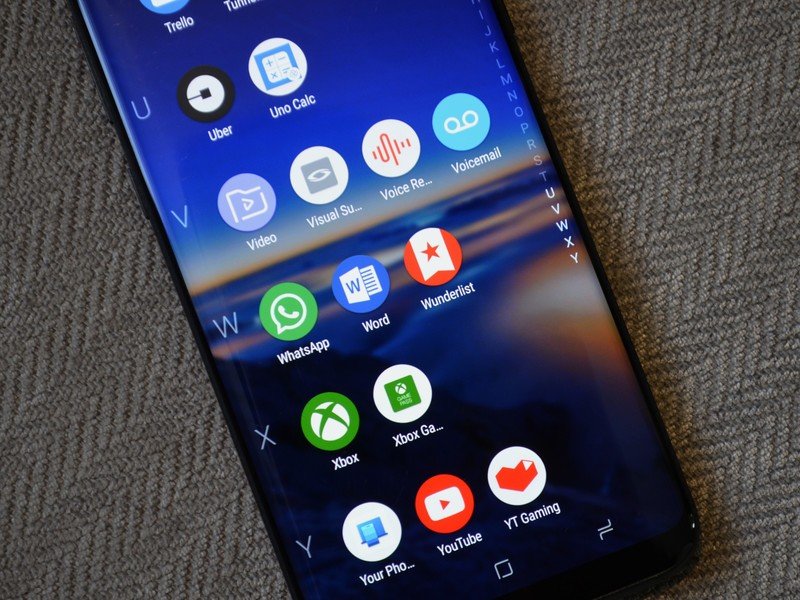
Android Q, which comes out later this year, will feature gesture support for navigation throughout the OS, but it only works with first-party launchers. That means if users want to use the Microsoft Launcher, they must give up gesture control, and vice versa. This is a prime example of how not having a Microsoft-made Android phone limits the experiences users want. A Surface Phone could have both Microsoft Launcher and gestures, as the Launcher would be more integrated with the OS.
Get the latest news from Android Central, your trusted companion in the world of Android
Microsoft could also focus on security when it comes to Android, just like BlackBerry does. Microsoft is all about catering to enterprises, and I'm sure many enterprises out there would be interested in an Android smartphone that has security as one of the top things it focuses on. Integration with Microsoft enterprise security systems could also be valuable. That, and software updates that last longer than two years. An Android smartphone that remains updated for as long as an iPhone doesn't yet exist. Perhaps a Surface Phone could be the first.
I think the biggest reason for doing a Microsoft-made Android smartphone is that Microsoft could control what actually ships on the device and what's set by default. While the Play Store comes with baggage such as Gmail and YouTube, Microsoft could make it so Outlook, Edge, and SwiftKey, are set by default out of the box, along with Microsoft Launcher.
When it comes to design, a Surface Phone could inherit the staple Surface design language found across Microsoft's other Surface products.
Would the market embrace an Android Surface phone?
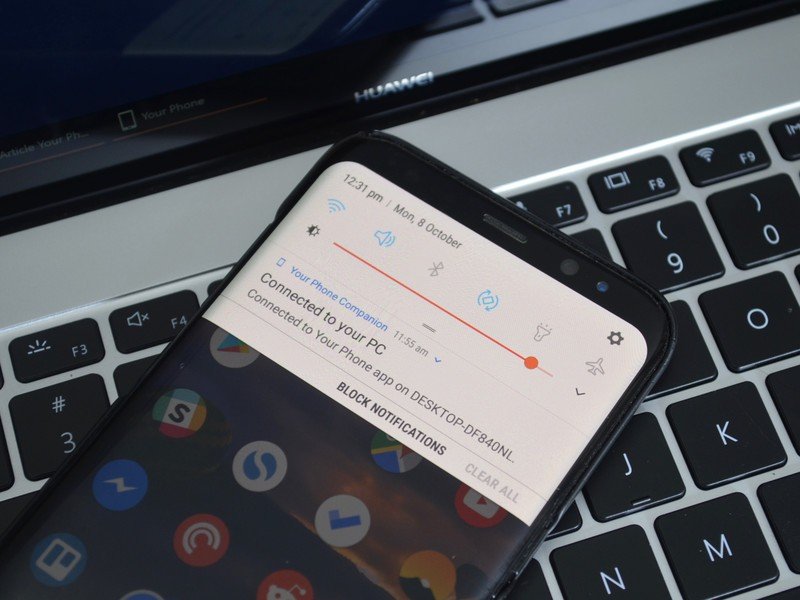
When the Microsoft Store in London opened last week, it was interesting to see just how many consumers were interested in Surface. They wanted to know what Microsoft is up to and were impressed by what they saw. I even heard someone ask whether they sell phones. (They do, but in the form of Android phones made by Samsung.)
Imagine if those store reps could point them to a Microsoft-made Android phone instead? The same great design as the Surface PCs, but running Android, meaning it has all the apps your existing phone does. It would complete the circle of hardware. Surface has its fingers dipped in almost all common hardware markets, except smartphones, arguably the number one device market out there right now. It wouldn't hurt to have a Surface Phone with Android in the mix, too.
It's not about the OS ... it's about apps.
People don't care whether their phones are running Android or Windows Phone or iOS. They care about apps. A Surface Phone that operates just like any other phone, and has the Google Play Store, is a device people would consider buying. I know die-hard Windows fans might hate a Surface Phone with Android, but the fact is, it doesn't matter what they think. It's all about catering to where people are, and people are on Android.
To be clear, I don't think we're close to Microsoft releasing an Android-powered smartphone anytime soon, but I don't think it can't happen. I wouldn't be surprised if there are people internally at Microsoft thinking about this very idea right now, weighing up whether it's worth trying. Does Microsoft want to put money into researching and developing a new smartphone, while also maintaining its own Android ROM, updates, and paying Google for a Play Store license? I'm not so sure they do.
What are your thoughts on this? Would you be interested in a Surface Phone that runs Android, with all the Microsoft bells and whistles that provide a seamless experience between your Windows PC and phone? Let us know in the comments.

